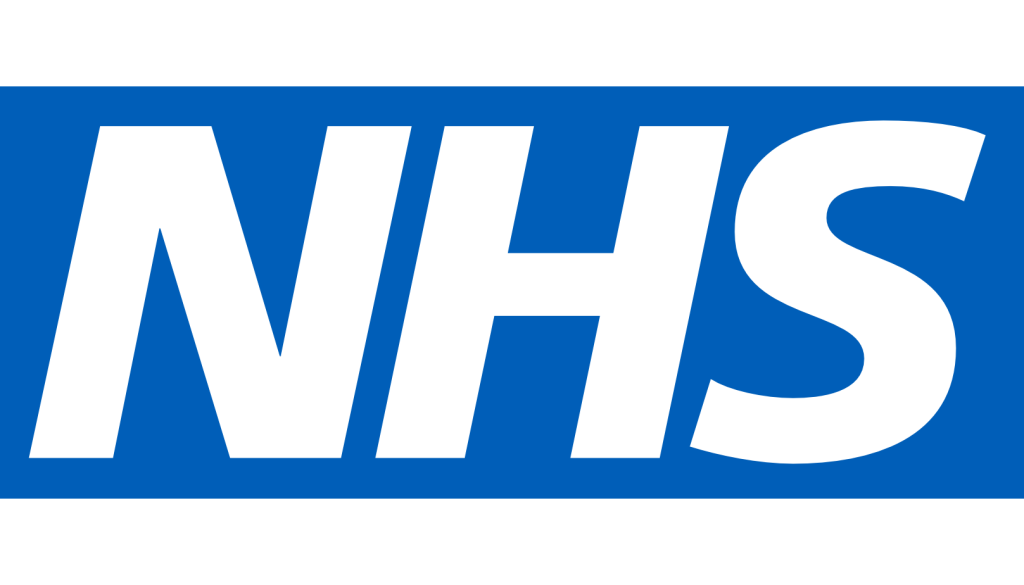- Registered Pharmacy
- Secure Online Payments
- Discreet Next Day UK Delivery
- Over 100k Registered Patients

EpiPen is an auto-injector that is used to treat medical emergencies due to serious allergic reactions, also called anaphylaxis. Anaphylaxis can be caused by a variety of triggers, some of which include insect’s sting or bites, medications, food, or even exercise. If you have any severe allergies or are susceptible to anaphylaxis, it is vital for you to carry an Epipen or equivalent with you at all times.
EpiPen is an auto-injector that is used as a life-saving emergency treatment. They are administered via intramuscular injection into the thigh. It contains the medicine adrenaline (also known as epinephrine). Adrenaline is used to reverse the symptoms of allergic reactions in the body.
When the body is suffering from severe allergic reactions, some chemicals are released during the process. In reaction to this, the body releases adrenaline to reduce the allergic response. EpiPen, which also contains adrenaline, assists the body in fighting these reactions. It works by improving the functioning of the cardiovascular and respiratory systems. It makes the blood vessels smaller, improves breathing, and reduces swelling in the body.
It is very important to know the correct usage and administration of an EpiPen for a person who is suffering from anaphylaxis. The single dose of EpiPen contains 0.3mg of adrenaline. Sometimes a person may need another dose of EpiPen, which should be given 5-15 minutes after the first dose to reverse the effects of anaphylaxis. Therefore, it is recommended that a person who is suffering from severe allergic reactions should carry 2 doses of EpiPen.
You must follow your doctor’s instructions while using an EpiPen. But here are some general tips that need to be followed:
EpiPen should only be used on people suffering from very severe allergic reactions (anaphylaxis). This can only be used in case of an emergency.
Although EpiPen is a life-saving medicine, it should not be used by people who:
EpiPen users may observe some side effects, which may include:
If you experience any of the side effects, then seek medical advice immediately.




Copyright © 2026 Fishmoor Healthcare LTD, All rights reserved. Company Registration No: 13368234| VAT Registration No: GB409334308